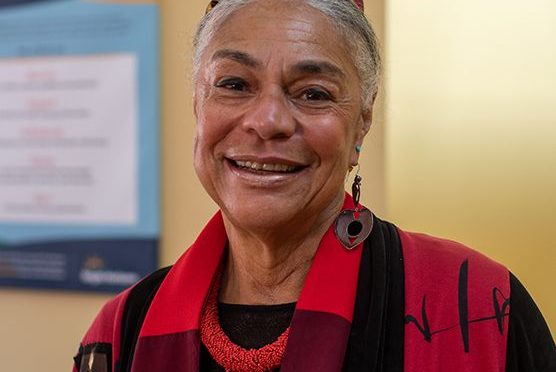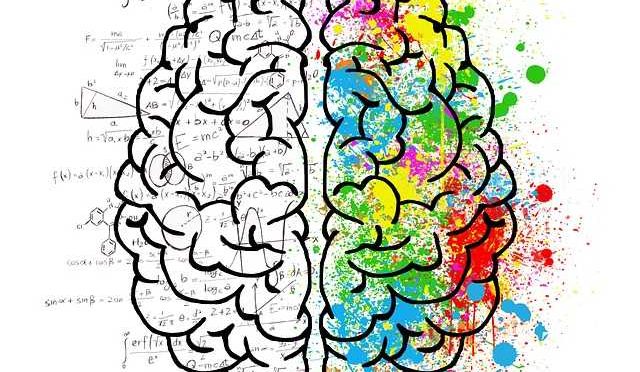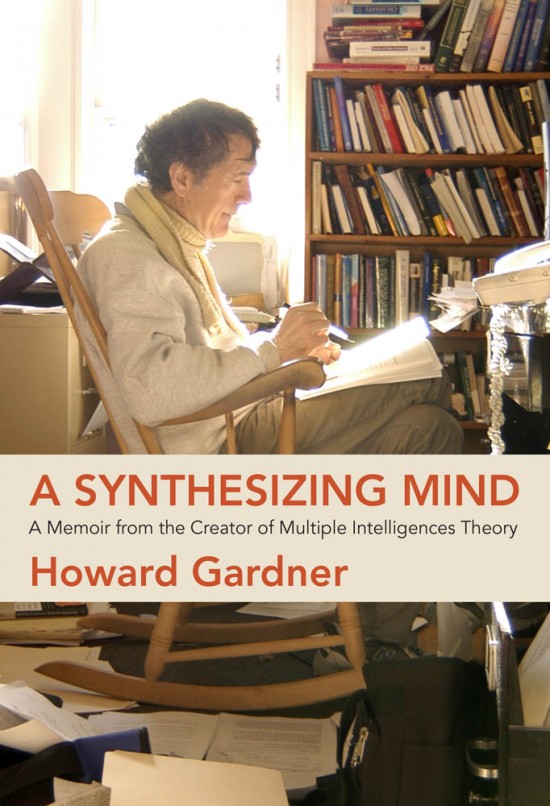We must develop a compelling vision of later life: one that does not assume a trajectory of decline after fifty, but one that recognizes it as a time of change, grown, and new learning; a time when ‘our courage gives us hope.
==from The Third Chapter
Renowned sociologist Sara Lawrence-Lightfoot details a process of creative reinvention in The Third Chapter which redefines our views about the casualties and opportunities of aging. She challenges the still-prevailing and anachronistic images of aging by documenting and revealing how the years between fifty and seventy-five may, in fact, be the most transformative and generative time in our lives, tracing the ways in which wisdom, experience, and new learning inspire individual growth and cultural transformation.
How can we all take advantage of this “Third Chapter” in our lives? In a person’s life’s, could the years between 50 and 75 be the most transformative and generative?
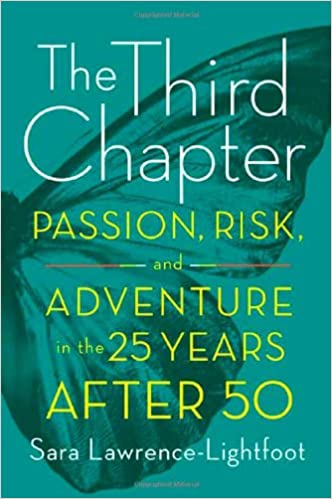
Recorded in 2009 at Cambridge Forum
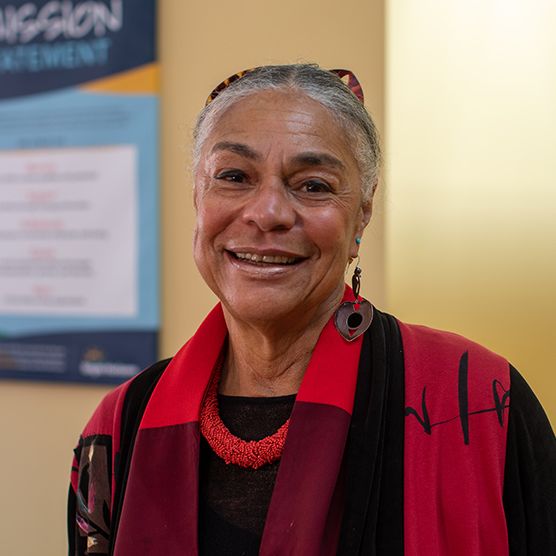
Sara Lawrence-Lightfoot is an author, educator, researcher, and public intellectual. She has pioneered an innovative social science method called “portraiture,” written eleven books, and she is the first African-American woman in Harvard University’s history to have an endowed professorship named in her honor.

